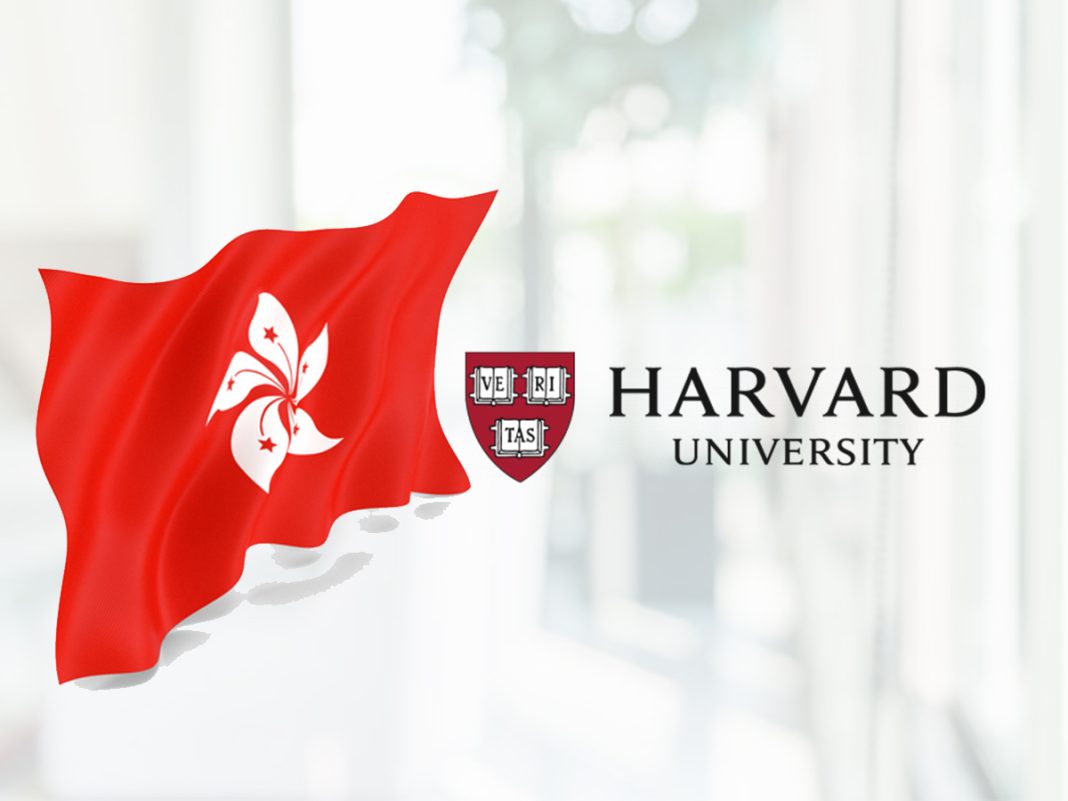In the wake of a controversial move by the United States to block Harvard University from admitting foreign nationals, Hong Kong has announced plans to open its universities to more international students. The development comes as tensions between Washington and Beijing escalate and signals Hong Kong’s strategic effort to attract displaced students, enhance its global academic standing, and fill a potential void in international education.
On Thursday, the Trump administration escalated its ongoing feud with Harvard by issuing an order to halt the admission of foreign students, citing concerns over anti-Semitism, political ideology, and alleged ties to the Chinese Communist Party. The decision, which immediately sparked backlash across the academic world, was swiftly challenged in court. A U.S. federal judge on Friday issued a temporary injunction to halt the order after Harvard filed a lawsuit, arguing that the administration’s actions were unlawful and politically motivated.
The policy shift has cast a shadow over the academic future of thousands of foreign students, many of whom were scheduled to begin or continue their studies in the U.S. this fall. The uncertainty has disrupted travel plans, prompted legal appeals, and put billions of dollars in international tuition revenue at risk for American universities.
Responding to the situation, Hong Kong’s Secretary for Education, Christine Choi, issued a statement on Friday inviting international students affected by the U.S. policy to consider continuing their education in the Chinese territory. “For international students affected by the United States’ student admission policy, the Education Bureau (EDB) has appealed to all universities in Hong Kong to provide facilitation measures for eligible students,” Choi stated.
She explained that universities in Hong Kong are already leveraging government policies to relax the maximum cap on the number of international students, making it easier to offer additional slots. This move is part of a broader campaign by the city to internationalize its higher education sector. As Hong Kong seeks to expand its global academic appeal, Hong Kong plans to admit more foreign students who may now be reconsidering their educational options in light of the U.S. crackdown.
The Hong Kong University of Science and Technology (HKUST), one of the region’s top-ranked institutions, responded promptly. On Friday, HKUST extended a public invitation to international students who are currently enrolled at Harvard or who had received offers to attend the prestigious university. “HKUST is extending this opportunity to ensure talented students can pursue their educational goals without disruption,” the university said in an official statement.
Read Also: BREAKING: DSS, Police Arrest 20 Over Alleged JAMB UTME Results Hacking
The university further announced that it would provide unconditional admission offers, streamlined application processes, and comprehensive academic support to facilitate an easy transition for affected students. HKUST is currently ranked 105th globally out of more than 2,000 universities, according to the most recent U.S. News & World Report rankings. In contrast, Harvard holds the top spot as the world’s number one university.
By extending such measures, Hong Kong’s move to admit more foreign students is being seen as a calculated effort to position itself as a more stable and inclusive academic destination at a time when U.S. education policy appears increasingly politicized.
The Trump administration has defended its decision, with U.S. Homeland Security Secretary Kristi Noem stating on Thursday that the government’s action would hold Harvard “accountable for fostering violence, anti-Semitism, and coordinating with the Chinese Communist Party on its campus.” Noem further accused Harvard of rejecting government oversight related to admissions and hiring practices and of promoting liberal ideology under the guise of academic freedom.
In response, Beijing issued a strong condemnation of the U.S. action, accusing Washington of politicizing educational cooperation and warning that such policies would “only harm the image and international standing of the United States.” The Chinese government characterized the ban as a clear effort to suppress Chinese influence under the pretext of national security and ideological purity.
Currently, around 1,300 Chinese nationals are enrolled at Harvard University, making up roughly one-fifth of its international student body. In total, hundreds of thousands of foreign students attend universities and colleges across the United States, with many viewing American institutions as global leaders in research, academic rigor, and freedom of expression.
However, the recent policy shift may force many of these students to reconsider their plans. As U.S. institutions grapple with political interference and uncertain visa policies, cities like Hong Kong are seizing the moment to present themselves as viable alternatives. The ongoing developments underscore a broader realignment in the international education landscape—where emerging global cities are positioning themselves as the new centers of academic excellence.
By launching targeted efforts and leveraging flexible immigration and admissions frameworks, Hong Kong’s move to admit more foreign students is not just a temporary measure, but as part of a long-term vision to transform the city into a global education powerhouse. This comes at a critical juncture when international trust in the U.S. higher education system appears to be wavering, and countries in Asia are stepping forward to fill the gap.
As the legal battle between Harvard and the U.S. government unfolds, the academic futures of thousands of international students remain in limbo. Yet, amid the chaos, Hong Kong’s open-door response stands out as a pragmatic and welcoming alternative—one that may reshape the global flow of talent for years to come.




